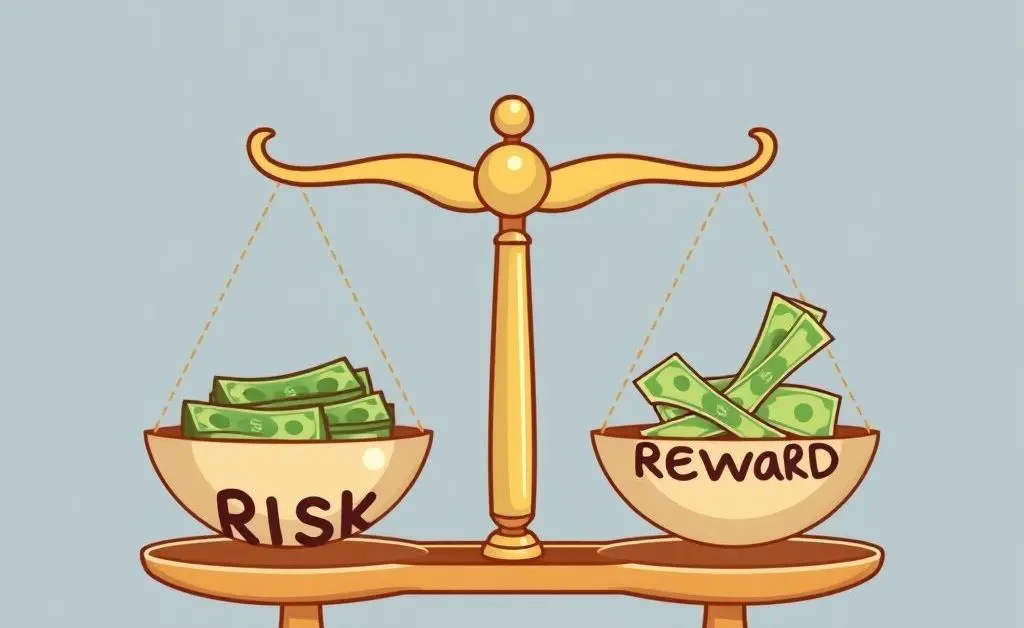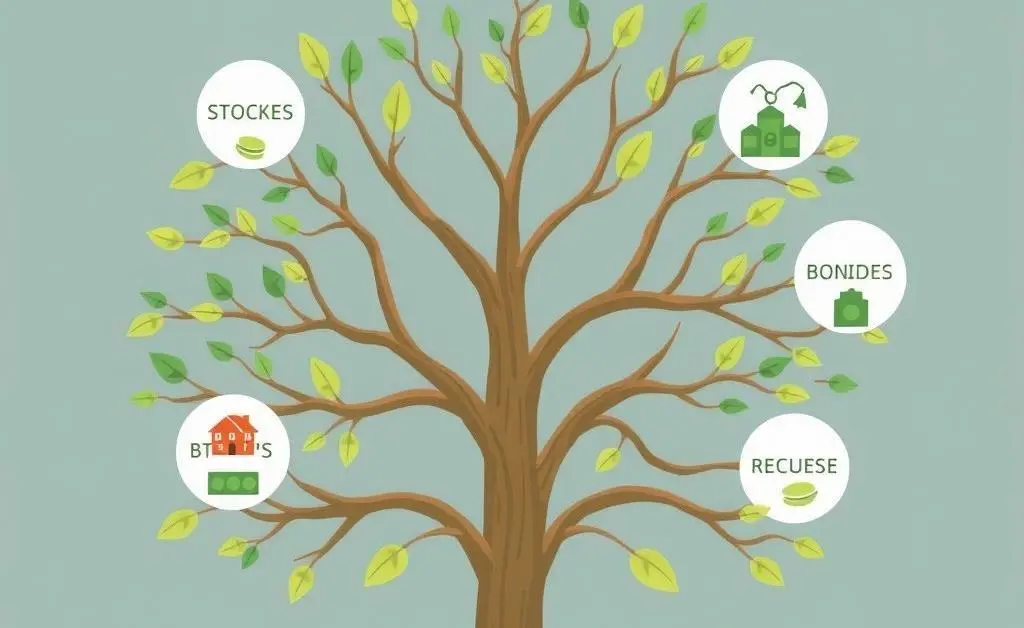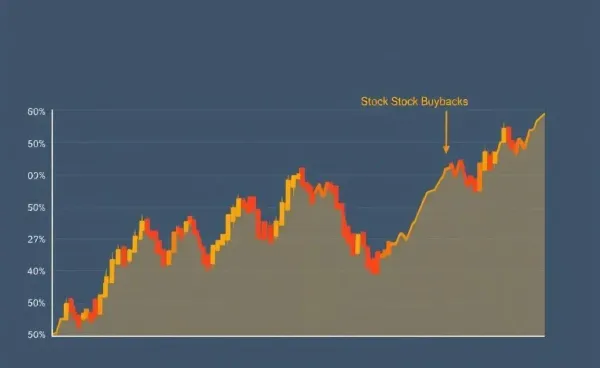Navigating Investment: Is a Zero-Bond Portfolio Right for You?
Discover if a zero-bond portfolio aligns with your investment goals and risk tolerance.

Hey there, financially curious friend! Today, I'm diving into the debate around a zero-bond portfolio. If you're wondering whether to skip bonds entirely, you're not alone. It's a common topic for those planning their investment strategies. But what's the real story behind a no-bond approach?
Why Consider a Zero-Bond Portfolio?

Let's start with the basics: why some investors choose not to include bonds in their portfolio. The primary motive often revolves around maximizing growth potential. Stocks typically offer higher returns over the long term compared to bonds. For those with a high risk tolerance and a long time horizon, an equity-heavy, zero-bond strategy may align perfectly with their financial goals.
Understanding Your Risk Tolerance
Before eschewing bonds, assess your risk tolerance. Are you comfortable with the market's ups and downs? If a 20% drop in your portfolio would cause sleepless nights, you might reconsider. A balanced approach with bonds can reduce volatility and offer a safety net during market downturns.

Risk doesn't just mean financial loss—it's also about the emotional capacity to handle uncertainty. If you're prone to anxiety when your investments fluctuate, a diversified portfolio including bonds could provide peace of mind. You can learn more about assessing risk tolerance here.
Real-Life Scenarios Where Zero Bonds Shine
Imagine being in your 30s with decades until retirement. You might not need the liquidity and stability bonds provide, focusing instead on accumulating wealth through stocks. Over time, the higher volatility might pay off with substantial returns, particularly if you're reinvesting dividends and capital gains.
Are There Downsides?
Sure, going bond-free isn’t without risks. Economic downturns can be harsh, and having some bonds can buffer the blow. They often hold value or even appreciate when stocks struggle, providing a counterbalance in turbulent times.
Finding the Right Balance
The decision ultimately rests on your personal financial situation and comfort with risk. Some investors may transition from a zero-bond strategy to a balanced one as they approach retirement and prioritize capital preservation over growth.

Diversification across multiple asset classes besides just stocks and bonds, like real estate or commodities, might also align with your goals. Want to learn more about diversification? This article provides useful insights.
Is a Zero-Bond Portfolio Right for You?
The key takeaway? There's no one-size-fits-all answer. Reflect on your financial goals, timeline, and risk tolerance. Don't shy away from reaching out to a financial advisor for personalized advice. What are your investment goals? How do you handle market volatility? These questions will guide your journey toward the optimal investment strategy.
What do you think? Would you consider a zero-bond portfolio, or do you prioritize stability over potential growth? Let's keep the conversation rolling in the comments!




